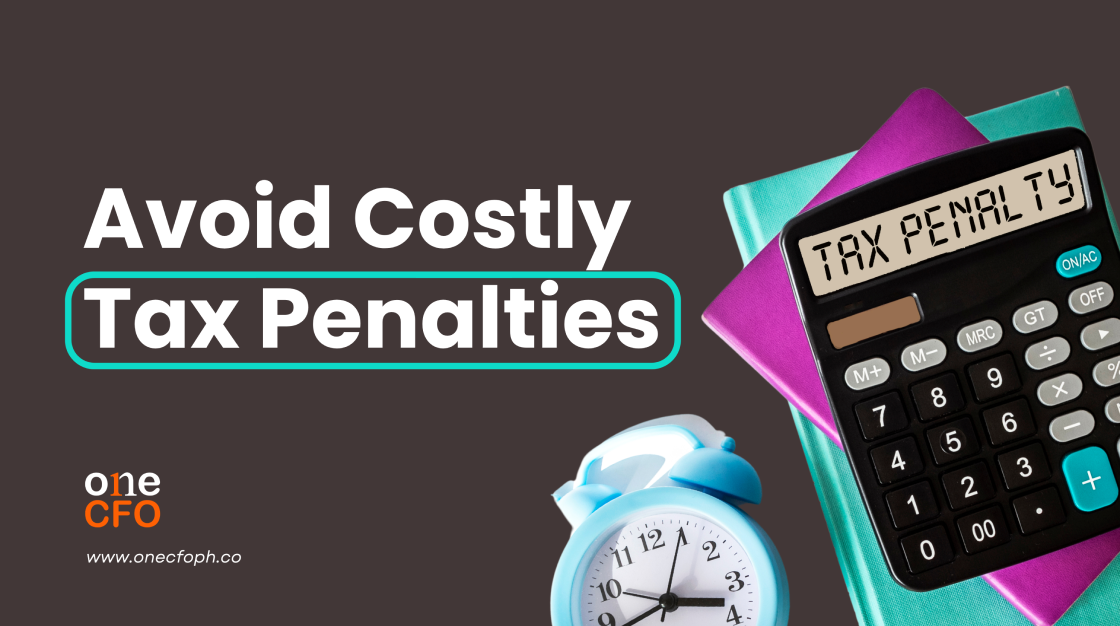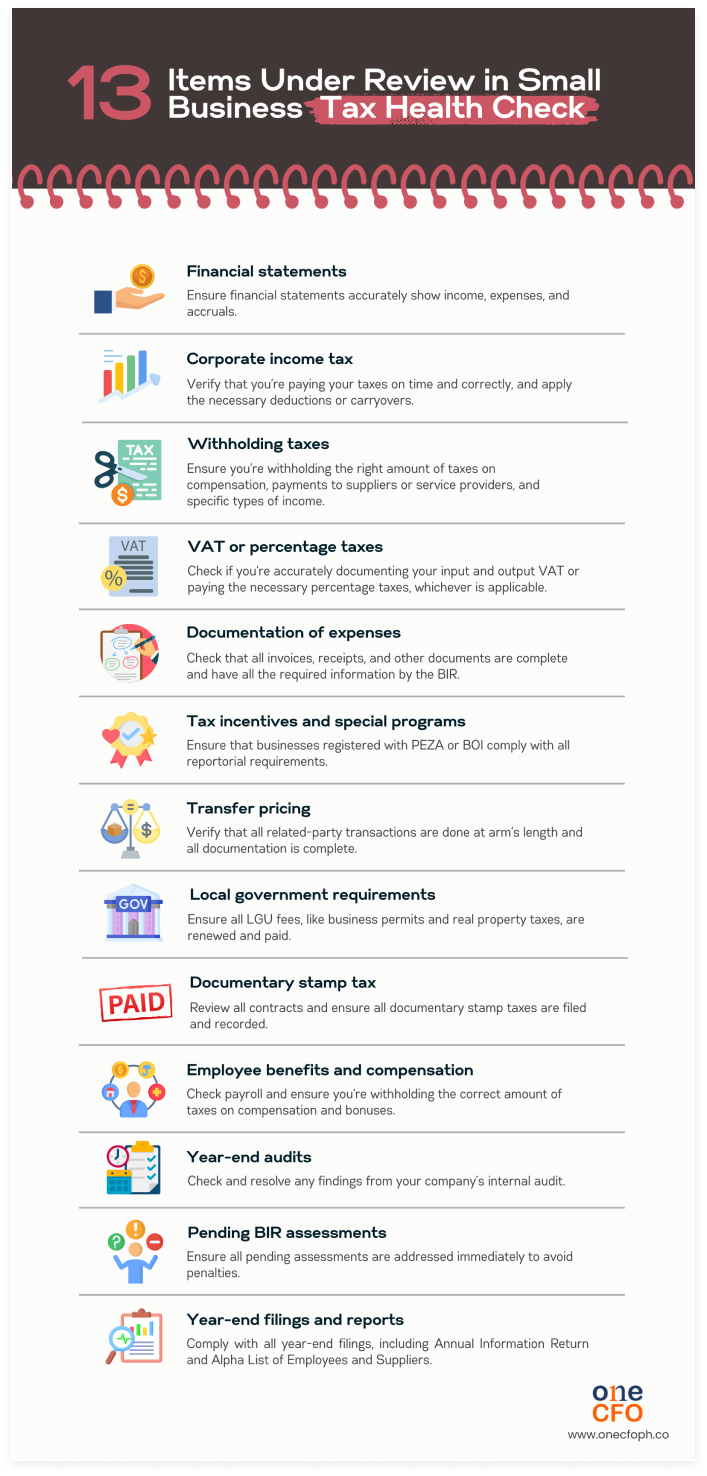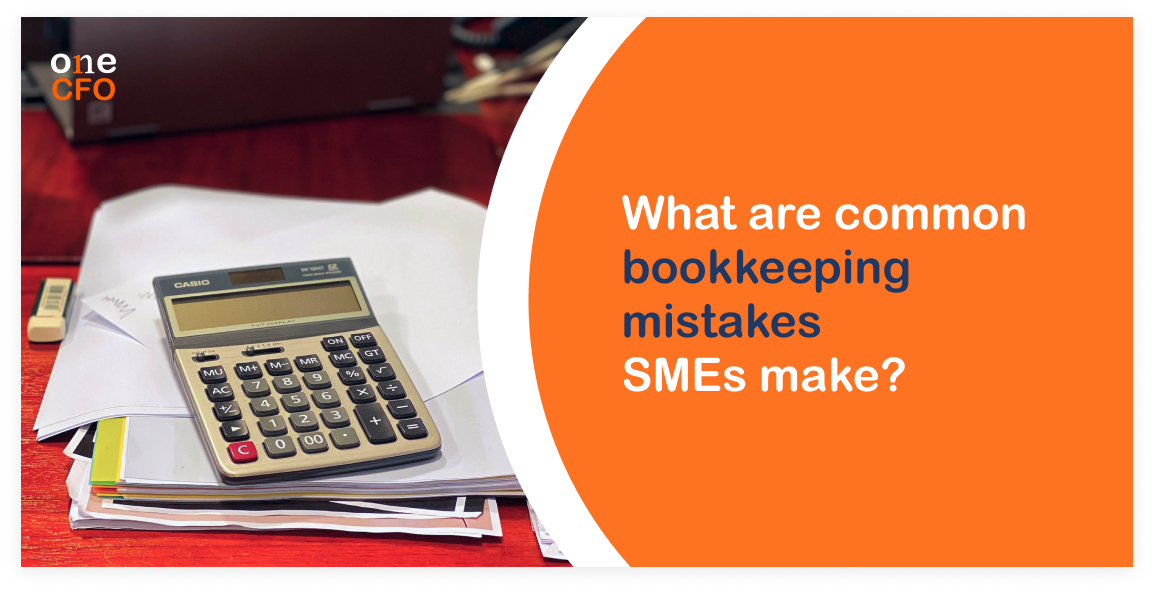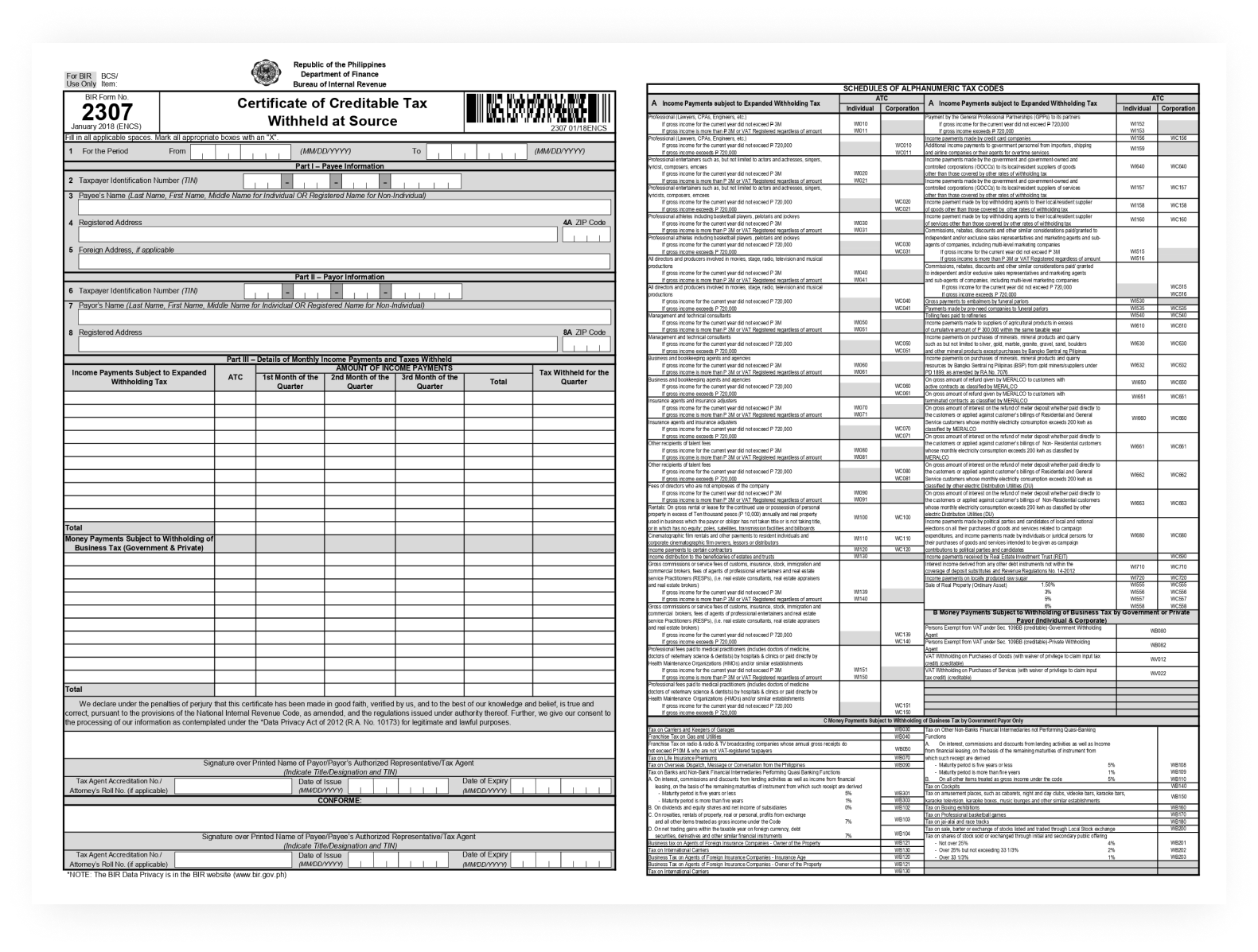
February 4, 2025 | 6:49 pm
Table of Contents
Staying compliant with ever-changing tax regulations is crucial to avoid penalties and
ensure long-term success. A small business tax health check thoroughly reviews key financial
items to ensure compliance and minimize tax liabilities.
Conducting a tax health check helps your business avoid risks like overpayments, missing
requirements, or penalties for non-compliance. Fractional CFO experts review your company’s
financial documentation and compliance requirements, ensuring there’s no stone left
unturned.
This article explores the 13 key items typically reviewed during a tax health check and
provides valuable insights for small business owners.
What is a tax health check?
A tax health check is a comprehensive and proactive review of the business’s compliance with
tax regulations. Fractional CFO experts scrutinize your tax and accounting records to
identify errors, discrepancies, or potential liabilities.
Why You Need a Tax Health Check:
How does a tax health check work?
Fractional CFO experts review specific items relevant to your business during a tax health check. Here’s a checklist to help you understand what is typically covered during a tax health check:

Item #1 Financial statements
Financial reports or statements are
not only crucial in assessing your financial health but
also in ensuring tax compliance.
Experts review your income statement, balance sheet, and cash flow statement for the year
and verify that all your transactions are recorded accurately. They also review your books
or documentation and reconcile bank accounts to ensure no
discrepancies or
missing entries.
Even if there’s no tax health check coming up, it’s still a good practice for you to review
your financial statements monthly or quarterly. Doing so helps you quickly spot errors and
prevents issues during audits.
Note that accurate financial statements stem from proper bookkeeping. So, avoid these common
bookkeeping mistakes for a smooth tax health check:

Item #2 Corporate income tax
If your business is a corporation, including a one-person
corporation (OPC), the next thing
experts review is your compliance with the corporate income tax regulations.
First, they verify that you’ve been paying your corporate income taxes, up to 25% of your
taxable income, correctly and on time. Furthermore, they ensure that you already made
adjustments for any allowable deduction or tax-exempt income applicable to your business
before finalizing the financial statements.
Lastly, if your operating expenses exceed your gross income, they check that you’ve declared
the excess a net operating loss. Your business
can carry over this loss and deduct this from
your gross income over the next three years.
Item #3. Withholding taxes
The idea behind withholding taxes is essentially businesses acting as
tax agents or
collectors for the government.
Here are the different types of withholding taxes you should be aware of:
When withholding taxes, experts ensure you apply the correct rates and remit them to the BIR. They also verify if you’ve issued a Certificate of Creditable Tax Withheld at Source or BIR Form 2307 to your suppliers or service providers as proof that you collected their withholding taxes.

Similarly, if another business withheld taxes from you, experts check that you secured the
corresponding BIR Form 2307 to deduct the withheld amount from your total taxable due.
Online sellers must also secure their BIR Form 2307 in line with the new regulation
affecting them. In this new regulation, e-marketplace operators, like Shopee and Lazada, and
digital financial services providers (DSFPs), like GCash and Maya, must collect withholding
taxes from the payments they remit to online sellers.
Read more about the new regulation affecting online sellers, particularly the implications
of withholding tax on online transactions:

Item #4 VAT or percentage tax
If you’re a VAT-registered business, experts verify that you correctly recorded and reported
all input VAT, which is the VAT you paid, and output VAT, which is the VAT you collected.
They also take the time to review the VAT breakdown and other information in your invoices
and official receipts to ensure they align with your VAT returns.
For non-VAT corporations, experts ensure that you apply the correct 3% percentage tax rate
on your gross sales or receipts.
Like other tax types, paying your taxes on time is crucial to avoid penalties.
Item #5 Documentation of expenses
If you want to claim deductible expenses to lower income tax, proper
documentation is highly
important.
Supporting documents such as invoices, receipts, and other supporting documents go through a
test check to reconcile them with the expenses recorded in your books.
In addition, non-deductibles, like retirement
expenses are identified and separated.
To further guide you on proper documentation of expenses and sales, check out this video:
Item #6 Tax incentives and special programs compliance
Businesses registered with the Philippine Economic Zone Authority (PEZA) or Board of
Investments (BOI) can enjoy additional tax incentives, such as income tax holidays, tax
credits on materials, additional tax deductions, and more.
If your business is not yet registered with PEZA, experts can help you check their
eligibility requirements to see if you qualify for
the incentives they offer.
Once registered, tax experts assist you in complying with each government office’s renewal
or reporting obligations to enjoy their
benefits continuously.
Item #7 Ensuring transfer pricing accuracy
Businesses might sometimes engage with a related party within the same corporate group, such
as affiliates or subsidiaries, including cross-border and domestic transactions.
During a tax health check, fractional CFO experts ensure that you follow the arm’s length principle (APL)
implemented by the BIR to prevent the risk of transfer pricing being too
high or too low.
Arm’s length principle essentially means that transfer prices should align with market
standards, similar to what independent or unrelated parties agree upon. Practicing this
principle ensures that related parties do not manipulate prices to avoid or minimize paying
taxes.
For example, a company in the Philippines selling to an overseas subsidiary might be tempted
to set transfer prices below the fair market value to report lower profits and,
consequently, pay lower taxes. By following the APL, these kinds of practices can be
avoided.
Additionally, experts ensure that you complete the transfer pricing requirements,
including
BIR Form No. 1709, transfer pricing documentation, and other supporting documents.
Item #8 Local government requirements
In addition to the taxes imposed by the BIR, local government units collect taxes
and fees
such as business permits, real property taxes, and community taxes. Tax experts ensure your
business has paid these taxes on time to avoid late penalty fees.
As a business, you should also consider the necessary documentation to renew your business permit and other permits
that may be required for your line of business.
Most permits need to be renewed annually, so preparing the required documents in advance is
essential. Some examples are sanitary permits, building permits, fire safety inspection
certificates, and more.
Item #9 Reconcile documentary stamp tax (DST) liabilities
Certain transactions in the country, including loan agreements, leases, and share transfers,
are subject to documentary stamp tax (DST), much
like a fee you pay for “stamping” or making
these transactions official.
Experts review all your business contracts and legal documents to identify which are subject
to DST. For applicable transactions, they ensure that you or the other party involved has
paid the DST and filed the appropriate BIR Form No. 2000 form.
Item #10 Employee benefits and compensation
Businesses must withhold taxes on their employees’ compensation. Tax experts review your
payroll and confirm that you collected the right amount of withholding taxes and
contributions to benefits like SSS, Pag-IBIG, and PhilHealth.
Another thing businesses should note is that bonuses, including 13th-month pay, up to
₱90,000 are income tax-free.
However, if the total amount exceeds this threshold, any excess
is subject to income tax and should be withheld.
Businesses are also liable for fringe benefits tax for all
non-taxable benefits they give to
managerial and supervisory employees. Examples are benefits for housing, vehicles, travel,
and more. Tax compliance for these benefits, including calculation and payment, is
thoroughly reviewed through a tax health check.
Item #11 Year-end audits
Another way to properly review your business’s financial and tax compliance is by conducting
an internal year-end audit. This audit will help pinpoint any inconsistencies in your
financial documents, tax returns, and other critical processes that relate to taxation.
Conducting this audit ensures you can spot and correct errors before external auditors or
the BIR conduct their assessments.
Here is a guide on how to prepare for a year-end audit:
Furthermore, for SMEs with previous audit reports, a tax health check ensures all
recommendations have been fully addressed. This is crucial, especially with the upcoming tax
season, since any unresolved findings can be scrutinized further by the BIR and result in
hefty penalties.
If you still have audit findings pending implementation, be sure to watch this informative
video. Fractional CFOs in this video guide you through practical steps for leveraging audit
reports for your business growth.
Item #12 Pending BIR assessments
If your business has any pending BIR assessments or audit findings, tax experts help fix and
address them immediately. Prolonging or delaying these findings can result in escalations
and possibly hefty fines from the agency.
Through a tax health check, findings are individually reviewed, supporting evidence for your
case is gathered, and disputes are resolved.
In addition, small businesses can have provisions for outstanding tax exposures to lessen
the impact on year-end financials.
Item #13 Year-end Filings and Reports
To prepare your business for a fresh start of the year, tax health checks ensure you
complete all required year-end filings.
Some of these requirements are:
Tax experts also review all information in your reports before submitting them to avoid discrepancies and ensure you submit them on or before the deadline.
Tax Health Check: A Must-Have for Small Business Success
A Tax Health Check is crucial in ensuring your small business is tax compliant. It helps
identify and address potential tax issues, minimize risks, and optimize your tax strategy
for long-term success.
However, conducting a comprehensive review of all these tax areas isn’t a task you can do
alone – you need experienced tax experts to guide you and ensure you don’t miss anything.
Fortunately, OneCFO is just right here!
At OneCFO, we understand the unique challenges faced by small businesses. Our fractional
CFOs leverage their expertise to provide a thorough tax health check, going beyond a simple
checklist.
We'll not only identify potential tax savings and minimize liabilities, but also ensure
you're fully compliant with regulations. With OneCFO, you can rest assured that all risks
are spotted, issues resolved, and your tax stress is a thing of the past.
Visit us at onecfoph.co or email us at [email protected] to
discover how our fractional CFO
expertise can help you start your tax health check and set your business on the path to
long-term success.
Read our disclaimer here.